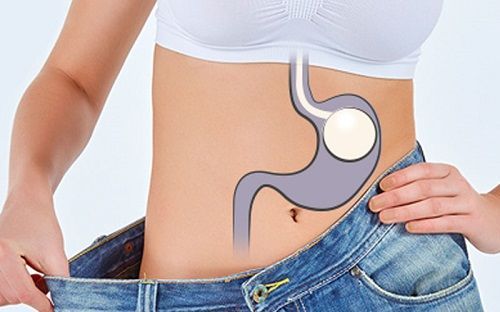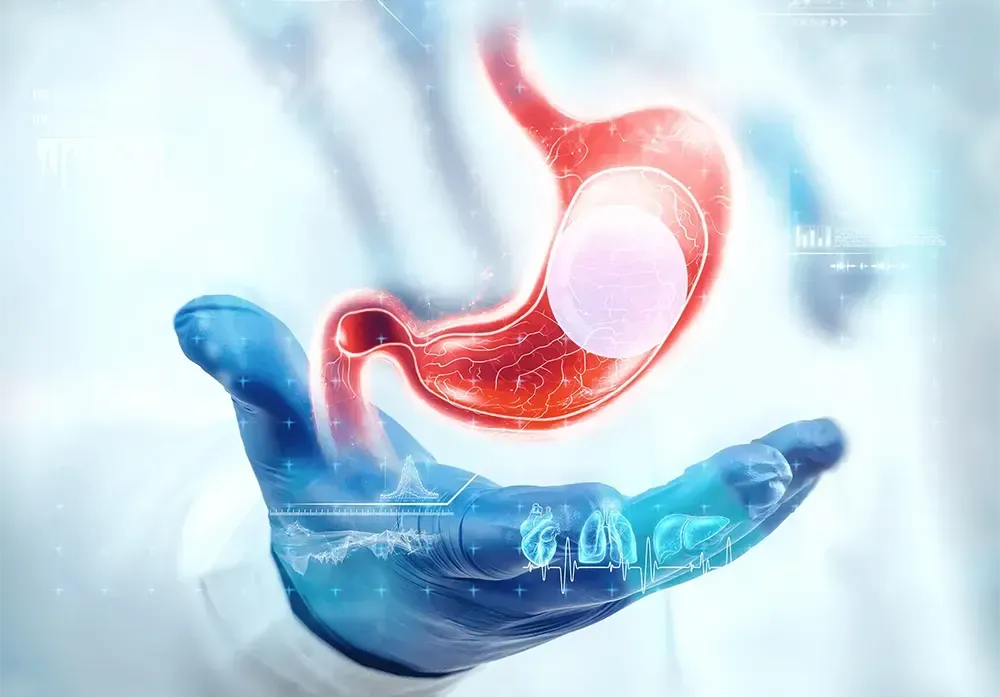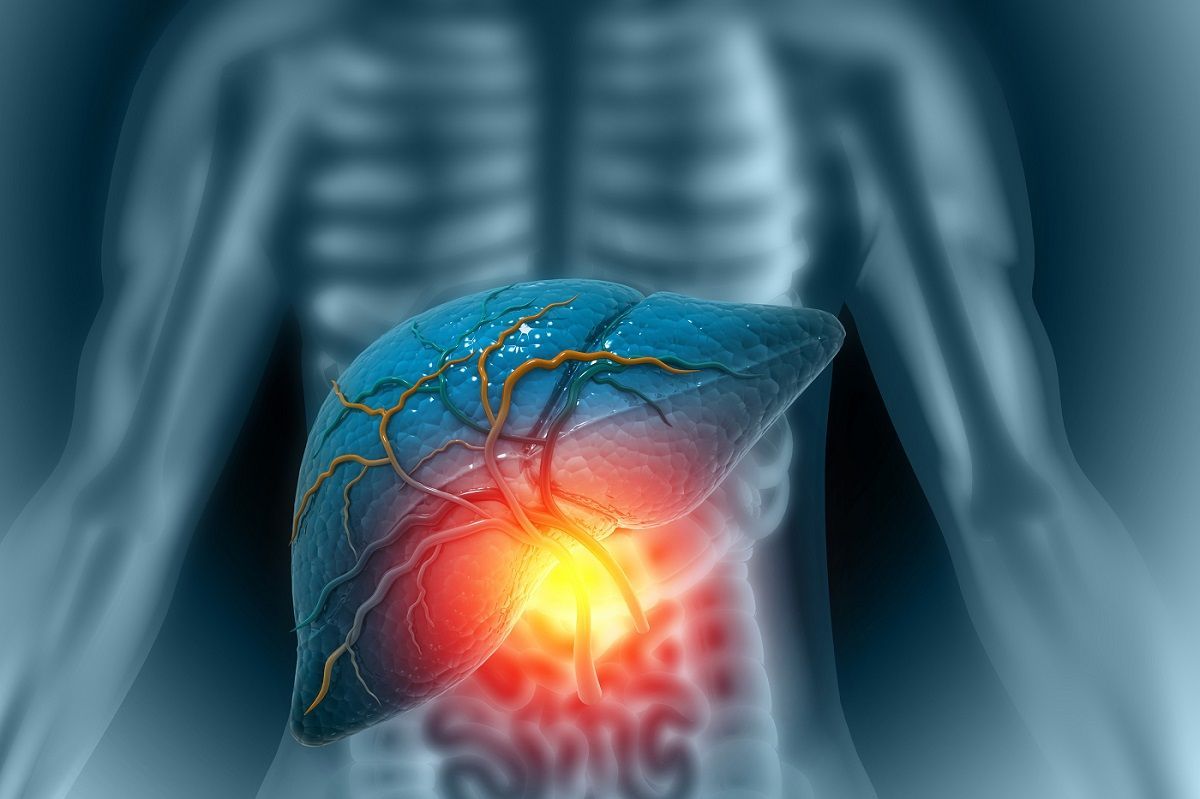Weight Loss Tip: It’s Vital to Consider Factors That are Often Missed

Looking for some weight loss tips ? Often, simple changes like creating healthy sleep habits and practicing stress management techniques can greatly improve your health and help support weight management goals.
Why?
How does stress and inadequate sleep impact your weight goals?
Under normal circumstances, hormonal changes can counter the change due to stress.
However, chronic stress (stress that is not managed and has been present for months/years) does not have the same effect with the counter interactions.
You can think of this as your body getting tired of “fighting” back and the counter effects are no longer as effective.
What does that mean?
Hormones that are related with hunger regulation are not working as they normally would which can lead to INCREASED appetite.
Similarly, unhealthy sleeping patterns can cause hormonal changes including leptin (helps with appetite regulation), ghrelin (increases appetite) and cortisol (primary stress hormone that increases blood glucose and can cause undesirable weight gain).
What can you do?
Prioritize sleep! Turn off the television, leave the phone outside your bedroom. Simple changes and removing distractions can help support healthy sleeping patterns.
Practice mindful stress management techniques! Breath, walk, and/or swim. Do something that brings your soul to ease.
Your body will thank you.
Remember, you’re in a relationship with your own body and if you don’t treat it correctly, it will become fatigued. We ask a lot from our body, so fuel it right!
Read More About Weight Loss and Nutrition
Procedures for Weight Loss: Medical Nutrition Therapy
Benefits of Weight Loss and a Weight Loss Coach
Do Weight Loss Clinics Work?
Why You Should Consider Gastro SB Weight Loss Clinic
The post Weight Loss Tip: It’s Vital to Consider Factors That are Often Missed appeared first on Gastro SB.










